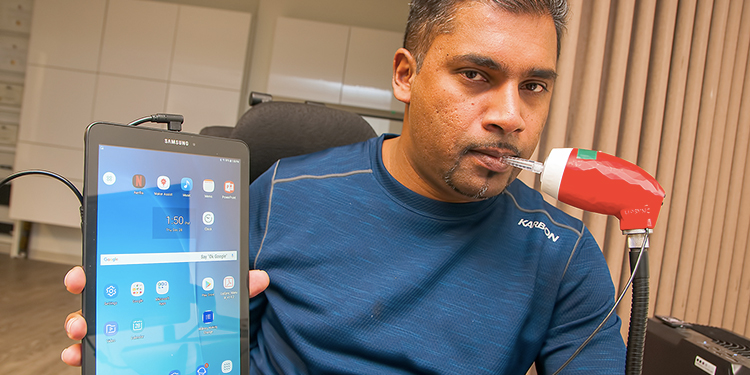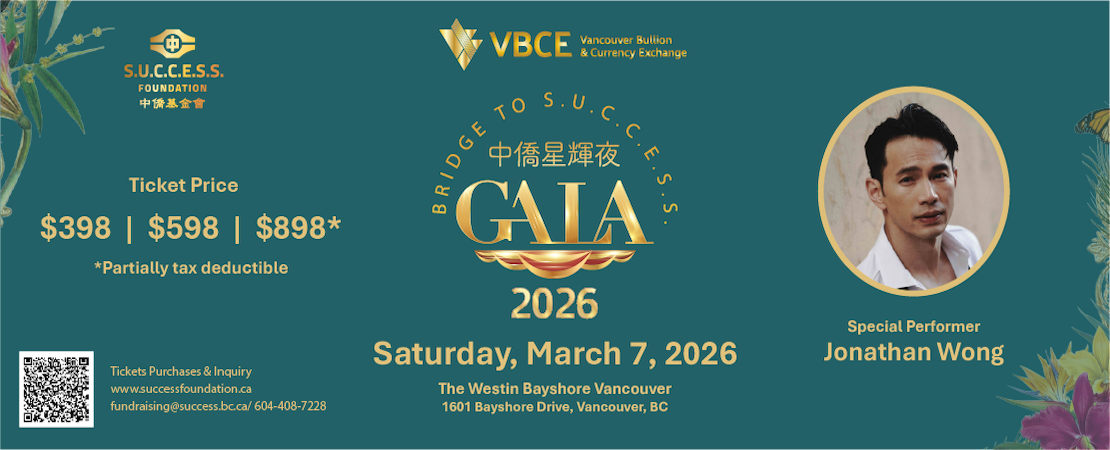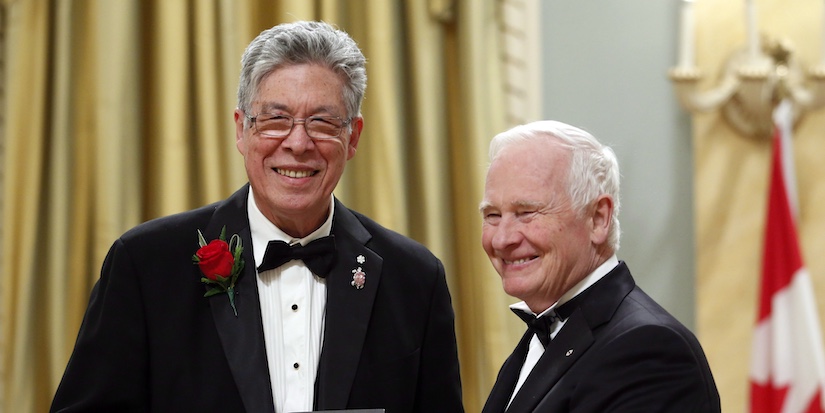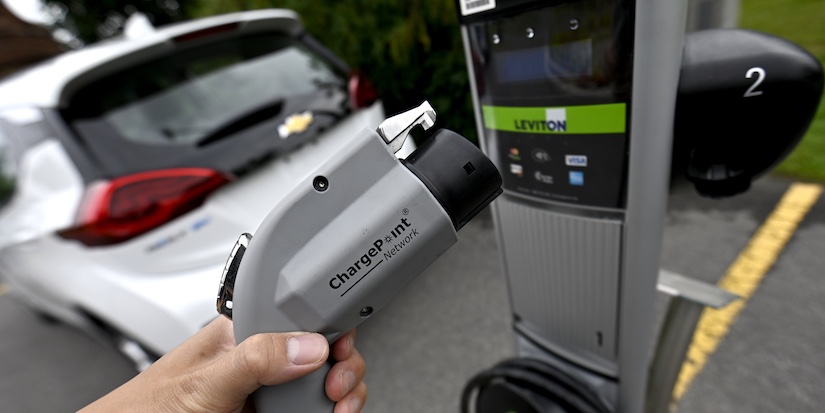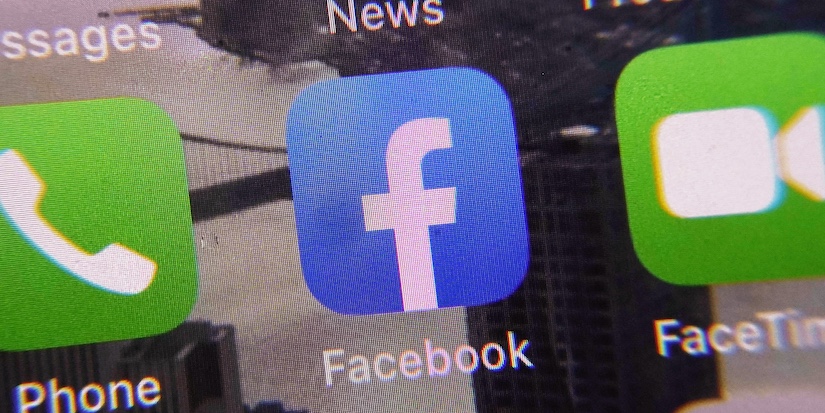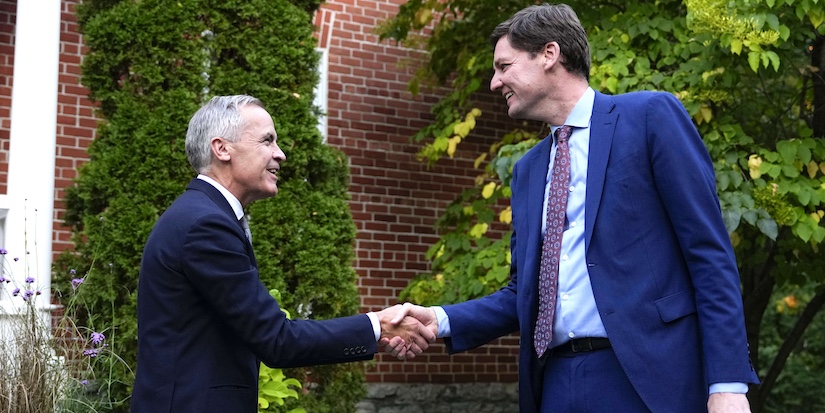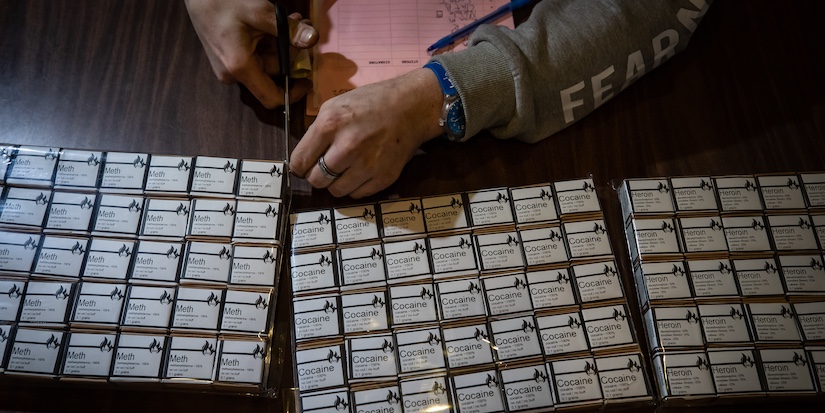Latest News
Neil Squire Society offers new life
Published 3:09 PST, Wed January 31, 2018
If you are looking for a new home for your
old computer or tablet, look no further than the Neil Squire Society.
It will be given a new life helping someone
re-enter the community and the workforce after a major injury.
With the technological tools available today,
many people can once again participate in the workforce even after becoming a
paraplegic. At the very least, the society helps clients use the technology
available in smart phones, tablets and computers to interact with the outside
world, just like able-bodied people do.
According to Richmond’s Munesh Raman,
computer comfort co-ordinator and technician for the Neil Squire Society, “We
tend to get a lot of clients here who want to work on their cell phones, send
and receive emails, take pictures and do Facebook.”
When a client has no use of their hands, due
to paralysis or amputation, regaining independence becomes a matter of
harnessing technology to solve mechanical problems.
That’s where your used computers, tablets,
displays and keyboards come into play.
Raman says they are certified Microsoft
refurbishers.
The society seeks Windows-based machines, not
over five years old, that can be loaded with Windows 10 and Office. The equipment
then goes to people who can use them in their daily lives, after learning how
to use them.
Apart from refurbishing, the society does
one-on-one training in their Burnaby offices for people with disabilities.
For people who don’t live within the region,
the society also offers online training.
“That way we can empower more Canadians to
use technology,” Raman says.
“We’re able to give back a lot to the
community and see the difference in peoples lives. When they come through the
computer comfort program, after not having any exposure to technology before
(their injury), they are able to learn those skills and move forward and help
in the community.”
Raman knows whereof he speaks.
Once a heavy duty mechanic, an injury forced
him to change careers.
He went to Douglas College for a year’s
training in IT (Information Technology) then went to the Neil Squire Society
for his practicum.
“And I never left,” he says with a smile in
his voice.
The non-profit society offers many options
such as an employment program and an assisted technology assessment where they
see what people need after their accident to get back to work.
Sometimes it’s different seating, a different
keyboard, or a different chair arrangement. Sometimes it’s an earpiece or
headpiece to answer the phone.
As well, they offer training in use of speech
recognition software that works in place of typing. When appropriate, the
society teaches people to use smaller, one-handed keyboards if they have use of
one hand.
Two years ago, the society received a $2,000
grant from Google to develop a more affordable solution for people with no use
of their hands, who wanted to use their mobile devices and computers.
In the old days, people had to use $1,500 sip
and puff interfaces to work their computers and wheelchairs. It sometimes meant
learning Morse code so their mouthpiece could control their computer. It always
took patience. The society has put a more practical and affordable option into
their clients’ lives.
“If you have no hand function, it’s hard to
click on your phone,” says Raman, “By using 3D printing, and by making it open
source, they are able to build LipSync (mouth controllers) themselves for less
than $300. We do the printing on the actual device. LipSync works with phone
and computer.”
So, whether you just want to keep your old
Windows computer, laptop, monitor, keyboard or tablet out of the landfill, or
you are looking for a place to learn new skills while coping with disabilities,
the Neil Squire Society offers encouragement.
Raman says, when coping with a disability, “There
is hope as long as you believe in yourself. It’s not going to be one year or
two years. It’s going to take time to say, ‘Ok this is what happened and it’s
time to move on,’ but the first two years are the hardest.”
Today, with new skills in IT and a job at the
Neil Squire Society, Raman says he looks forward to work each day.
“I feel good. I feel like I’m going be making
a difference in somebody’s life through employment or giving them technology
that they can use for themselves to be empowered,” he says.
Check out neilsquire.ca for their
refurbishing program, to see how you can make a difference in someone’s life.
